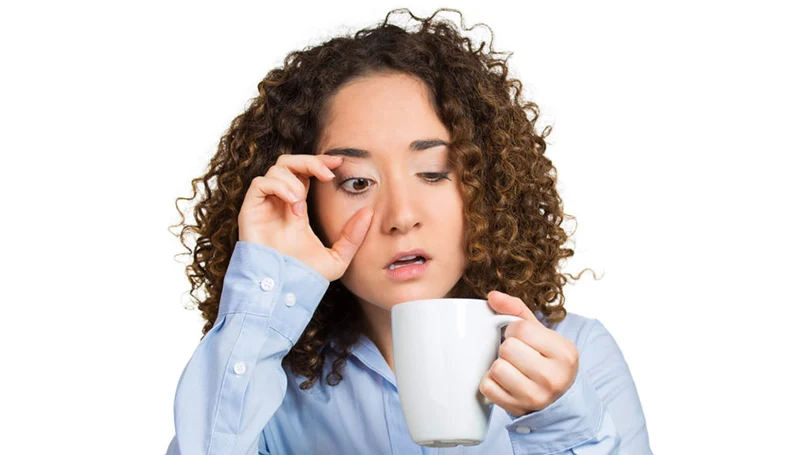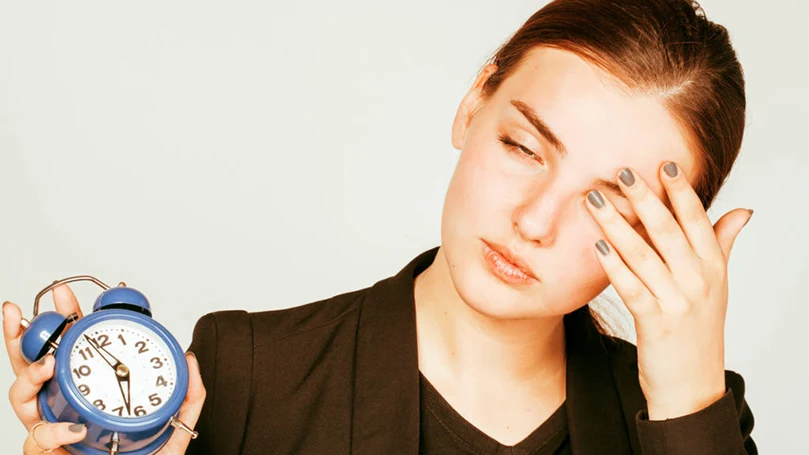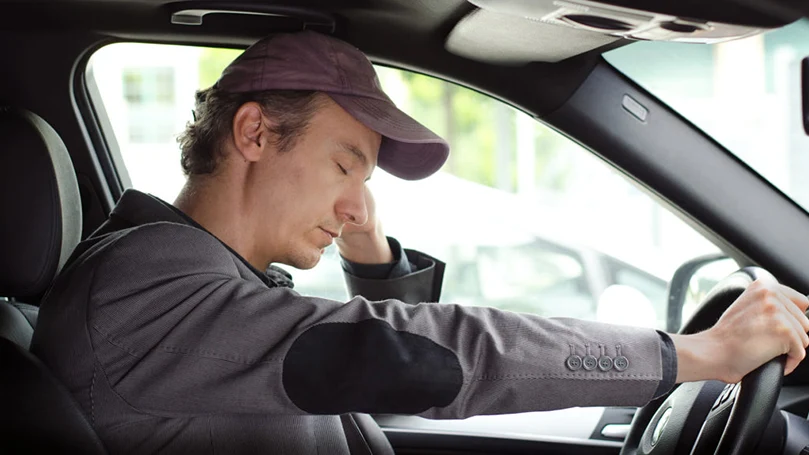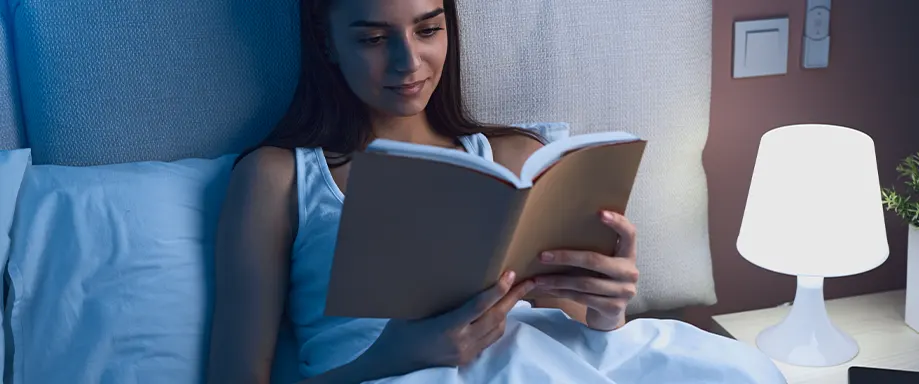How long can we stay awake?
The easy experimental answer to this question is 264 hours (about 11 days). In 1965, Randy Gardner, a 17-year-old high school student, set this apparent world record for a science fair. Several other normal research subjects have remained awake for eight to 10 days in carefully monitored experiments. None of these individuals experienced serious medical, neurological, physiological or psychiatric problems. On the other hand, all of them showed progressive and significant deficits in concentration, motivation, perception and other higher mental processes as the duration of sleep deprivation increased. Nevertheless, all experimental subjects recovered to relative normality within one or two nights of recovery sleep. Other anecdotal reports describe soldiers staying awake for four days in battle, or unmedicated patients with mania going without sleep for three to four days.

Various states of being awake
The more difficult answer to this question revolves around the definition of “awake.” As mentioned above, prolonged sleep deprivation in normal subjects induces altered states of consciousness (often described as “microsleep”), numerous brief episodes of overwhelming sleep, and loss of cognitive and motor functions. We all know about the dangerous, drowsy driver. We’ve definitely heard about sleep-deprived British pilots who crashed their planes (having fallen asleep) while flying home from the war zone during World War II. Randy Gardner was “awake” but basically cognitively dysfunctional at the end of his ordeal.
Sleep affecting disorders
In certain rare human medical disorders, the question of how long people can remain awake raises other surprising answers, and more questions. Morvans fibrillary chorea or Morvans syndrome is characterized by muscle twitching, pain, sweating, weight loss, hallucinations, and severe loss of sleep. Physicians in Lyon, France, studied a 27-year-old man with this disorder and found he had virtually no sleep over a period of several months. During that time he did not feel sleepy or tired and did not show any disorders of mood, memory, or anxiety. Nevertheless, nearly every night between 9:00 and 11:00 p.m., he experienced a 20 to 60-minute period of auditory, visual, olfactory, and somesthetic (sense of touch) hallucinations, as well as pain and vasoconstriction in his fingers and toes. In recent investigations, Morvans Syndrome has been attributed to serum antibodies directed against specific potassium (K+) channels in cell and nerve membranes.
Another rare disorder, Fatal Familial Insomnia (FFI), is an autosomal dominate disease that is invariably fatal after about six to 30 months without sleep. FFI is probably misnamed because death results from multiple organ failure, rather than sleep deprivation. The pathological processes include degeneration of the thalamus and other brain areas, over-activity of the sympathetic nervous system, hypertension, fever, tremors, stupor, weight loss, and disruption of the body’s endocrine systems. FFI belongs to a class of infectious prion diseases that include Mad Cow Disease.
What happens to us when we don't sleep for enough days?
Due to the lack of sleep, or body reacts gradually. We start feeling the effects of lack of sleep after the first 24 hours. Let's examine this a bit more in detail.
At 24 hours: Impaired coordination, memory and judgement
The consequences of sleep deprivation at 24 hours is comparable to the cognitive impairment of someone with a blood alcohol content of 0.10 percent. Judgment is affected, memory is impaired, there is deterioration in decision-making, and a decline in eye-hand coordination. You’re more emotional, attention is decreased, hearing is impaired… There is also an increase in your risk of death from a fatal accident.

At 36 hours: Physical health starts to be negatively impacted
Now your health begins to be at risk. High levels of inflammatory markers are in the bloodstream, which can eventually lead to cardiovascular disease and high blood pressure. Additionally, hormones are affected — your emotions can be all over the place.

At 48 hours: Microsleeps and disorientation
After two days of no sleep the body begins compensating by shutting down for microsleeps. These episodes last from half a second to half a minute and are usually followed by a period of disorientation. The person experiencing a microsleep falls asleep regardless of the activity they are engaged in. Microsleeps are similar to blackouts, and a person experiencing them is not consciously aware that they're occurring.

At 72 hours: Major cognitive deficits and hallucinations
Expect significant deficits in concentration, motivation, perception, and other higher mental processes after many sleepless hours. Even simple conversations can be a chore. This is when the mind is ripe for hallucinations.
So, how long can we endure without sleep?
Ultimately, we do not know. Sleep science is a young discipline. Only in the last few decades have we really started to understand the importance and functions of sleep. In the 1960s a high school student named Randy Gardner set out to break the world record for the longest time spent awake. During the experiment he contracted problems with eyesight as well as various cognitive deficiencies, such as speech and memory problems. Towards the end of the experiment he also started to hallucinate. These symptoms emerged within just 11 days.
What we do know is that it is unwise to ignore our need for sleep. The negative side effects of partial sleep deprivation have been observed in in countless research studies. It is safe to assume that these would only be worsened by prolonged total sleep deprivation.
















There are no comments yet
"*" indicates required fields